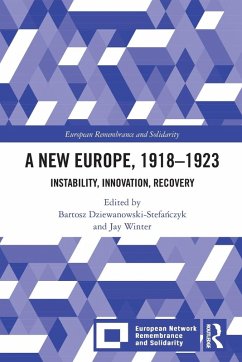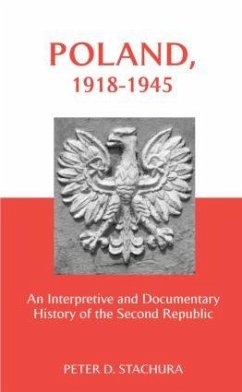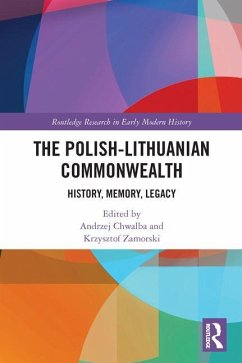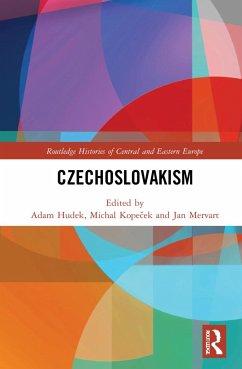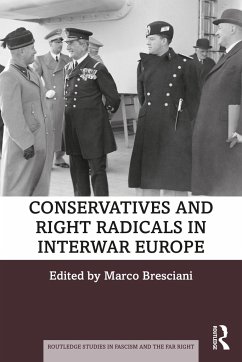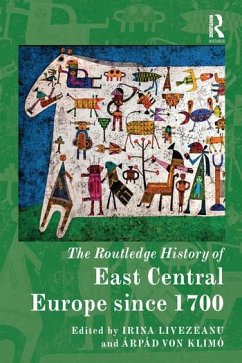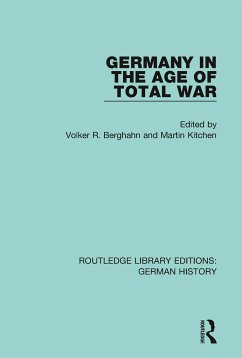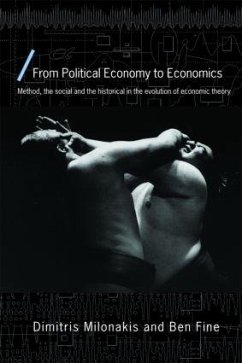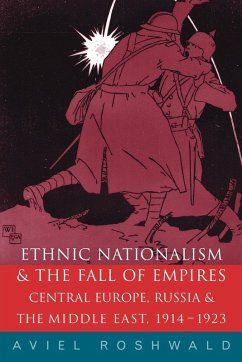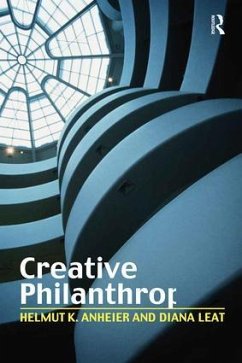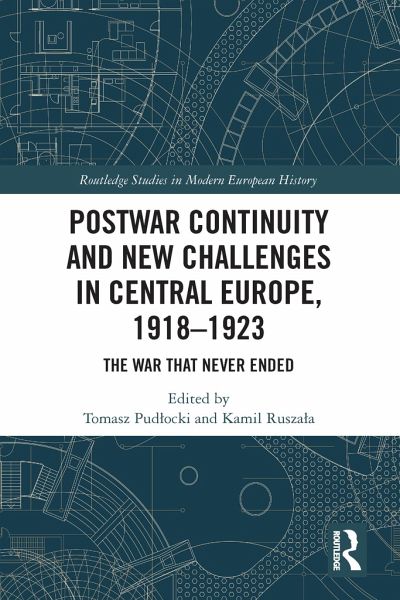
Postwar Continuity and New Challenges in Central Europe, 1918-1923
The War That Never Ended
Herausgegeben: Pudlocki, Tomasz; Ruszala, Kamil
Versandkostenfrei!
Versandfertig in 6-10 Tagen
43,99 €
inkl. MwSt.

PAYBACK Punkte
22 °P sammeln!
This book presents a multi-layered analysis of the situation in Central Europe after the collapse of the Austro-Hungarian Empire. The new geopolitics emerging from the Versailles order, and at the same time ongoing fights for borders, considerable war damage, social and economic problems and replacement of administrative staff as well as leaders, all contributed to the fact that unlike Western Europe, Central Europe faced challenges and dilemmas on an unprecedented scale. The editors of this book have invited authors from over a dozen academic institutions to answer the question of to what ext...
This book presents a multi-layered analysis of the situation in Central Europe after the collapse of the Austro-Hungarian Empire. The new geopolitics emerging from the Versailles order, and at the same time ongoing fights for borders, considerable war damage, social and economic problems and replacement of administrative staff as well as leaders, all contributed to the fact that unlike Western Europe, Central Europe faced challenges and dilemmas on an unprecedented scale. The editors of this book have invited authors from over a dozen academic institutions to answer the question of to what extent the solutions applied in the Habsburg Monarchy were still practiced in the newly created nation states, and to what extent these new political organisms went their own ways. It offers a closer look at Central Europe with its multiple problems typical of that region after 1918 (organizing the post-imperial space, a new political discourse and attempts to create new national memories, the role of national minorities, solving social problems, and verbal and physical violence expressed in public space). Particular chapters concern post-1918 Central Europe on the local, state and international levels, providing a comprehensive view of this sub-region between 1918 and 1923.





